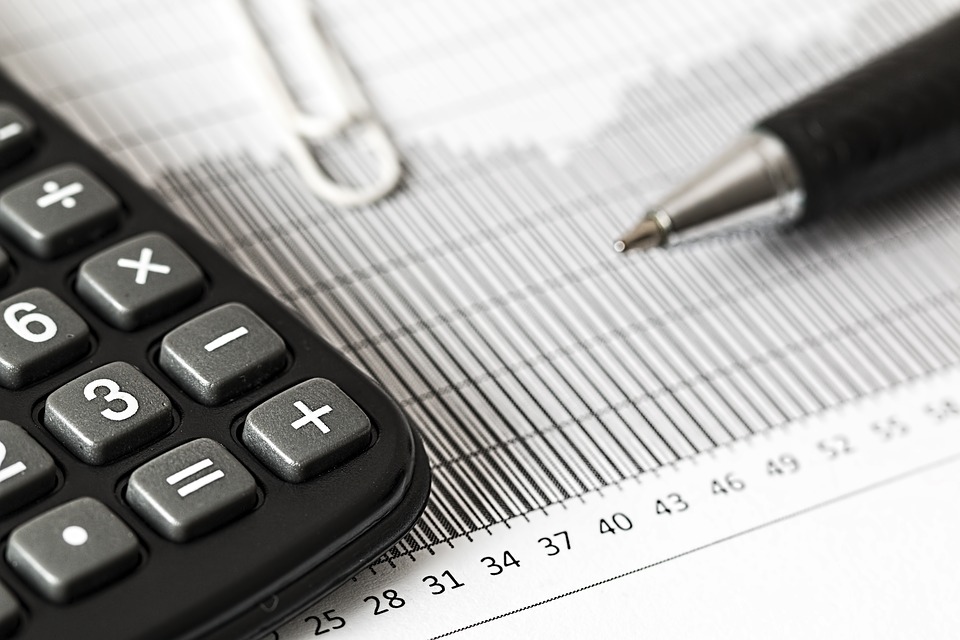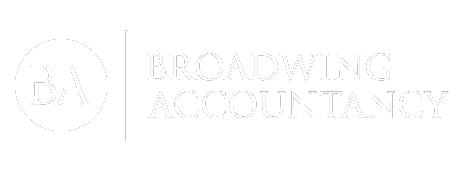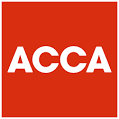No? Don’t panic! Here’s your easy guide to meet That Deadline!
The deadline for completing 2016/17 tax returns is now 8 DAYS away and probably approaching far too fast for the over 11 million people who need to file Self-Assessment tax returns each year.
I bet many of you didn’t realise that if any return filed after the 31 January 2018 deadline – without a reasonable excuse – will mean a penalty of £100 even if there is no tax to pay!
For those who normally file a paper return, the deadline has passed on 31 October 2017, so returns now need to be filed electronically by 31 January 2018 if you want to avoid a penalty.
Nowadays electronic returns are the most popular method – last year 89% of returns were filed online, with only 11% of returns filed on paper. Overall, 10.79 million Self-Assessment tax returns were completed ahead of last year’s 31 January deadline.
Festive filings
According to research, over 34,000 people used the Christmas break to file their tax return – over 15,000 returns were filed between Christmas Eve and Boxing Day and nearly 19,000 on New Year’s Eve!
Not all of us wish to spend the Christmas season filing our tax returns, but please be aware time is rapidly running out! So, it’s best to start to complete your tax return as soon as possible, as it may take some time to get all the required, necessary information together, and you don’t want that £100 penalty!
January is a very popular month to file returns; HMRC 4.65 million return were received in January 2017, and the most popular time for people pressing submit was between 4pm and 5pm on the 31st January 2017, when 60,728 returns were received! That’s 17 returns every second!
Going digital
Access to online self-assessment records is now through the digital tax account, where you’ll find pre-populated details about your pension and employment for the tax year on the online return system.
You will still be required to provide and manually input information for other sources of income and deductions, such as gift aid and pension contributions.
When you log out of your account, be prepared for HMRC’s two-stage verification process, where an access code is sent to your mobile, as well as some additional identity verification questions.
What you need to remember:
Once you’re set to file your tax return with HMRC, here are 15 important points to remember:
- If you are not already registered for self-assessment it can take up to 10 days for your user ID and password to arrive in the post.
- Once registered, you should check whether you are able to use HMRC’s free software to complete your tax return as there are a few more complicated situations (for example those receiving trust income or living abroad) where commercial software may be needed.
- Make sure you have all of the relevant documentation: pensioners and employees should find details of their income on their digital tax account, but may want to check these from their P60s, and P11Ds for employees giving details of any benefits in kind. You’ll also need details of any investment income outside an ISA, as these are not yet reflected on your digital tax account. The self-employed and landlords will need records of their revenue and outgoings.
- Gather details of any professional subscriptions that you paid in the year, which were not reimbursed by your employer. If the organisation is on HMRC’s approved list, your subscription should be deductible from your employment income.
- If you have made pension contributions in the year, details will need to be provided on the return. Higher and additional rate taxpayers will receive additional tax relief through Self-Assessment. Remember that relief is restricted for those with income over £150,000 so check that you have dealt with this correctly on your tax return if you are affected.
- If you receive bank interest during the year that tax is no longer deducted from this income at source, so you may have further tax to pay. Although there is a personal savings allowance of £1,000 for basic rate taxpayers, (£500 for higher rate and nil for additional rate taxpayers) the full amount of income must be included on the return; the relief is given when the tax is calculated. Similar rules apply for dividends, where the dividend allowance is £5,000. Those with low earned income and pension receipts combined with savings income may also be entitled to the £0-5,000 exempt band.
- If you have a lodger in your home and claim rent-a-room relief: the relief has been increased to £7,500 from 2016/17.
- Remember to check your charitable donations under the gift aid scheme. Like personal pension contributions, gift aid donations may attract additional relief if you are liable to higher or additional rate tax.
- Have you got married or separated during the year? Income from jointly owned assets, such as rental profits, can sometimes be treated differently depending on whether the owners are married.
- If you or your partner claim child benefit and your income is over £50,000 you may need to include a claw-back in your tax return.
- If you have outstanding student loans and you are self-employed, you may be required to make repayments via your tax return.
- Check and double check all of your details and ensure that you have accounted for everything. HMRC receive a lot of information directly from third parties, so if anything has been omitted, an enquiry may well be opened. Penalties for inaccuracies in tax returns are much harsher if HMRC spot them first, so it’s best to make sure that all bases have been covered.
- You can use provisional figures in your tax return if the final figure is not available, but it is important to provide the final figure as soon as possible. HMRC will charge penalties if the original return is considered to have been filed ‘carelessly’.
- Even if you can’t finalise your tax return yet it’s a good idea to check roughly how much tax you are likely to need to pay by 31 January so that you can ensure your finances are in order. Any amounts paid late will attract interest charges – currently 3%. If payment is still outstanding after 30 days, a 5% late payment penalty may be charged. HMRC have announced that the ability to pay tax by credit card is being withdrawn from 13 January.
- In some rare cases it may not be possible to file online as the HMRC calculation will not deal correctly with some unusual combinations of income. Those affected will need to file paper returns but should not be charged a penalty if they have a reasonable excuse for the late filing of the paper return.
Just one more thing…If you filed 2015/16 returns, remember that the deadline to amend these is 31 January 2018, so if any provisional figures were included, or any mistakes were made, these should be corrected by this date too.
And finally…ever thought out outsourcing your tax return to a professional? No? Why not? What would the benefits be?
- Expert tax advice to help you navigate the increasing complexity of annual tax returns as a result of constant changes in the UK tax system and more onerous reporting requirements
- Customer-led service ensuring a focus on your needs and a proactive approach to tax planning.
- Experience and ease of mind
What a great idea? Why not give Brian Munjanja a call on 01604 328328 to find out more about how Broadwing Accountancy could help you? Alternatively, you can email Brian on [email protected].






